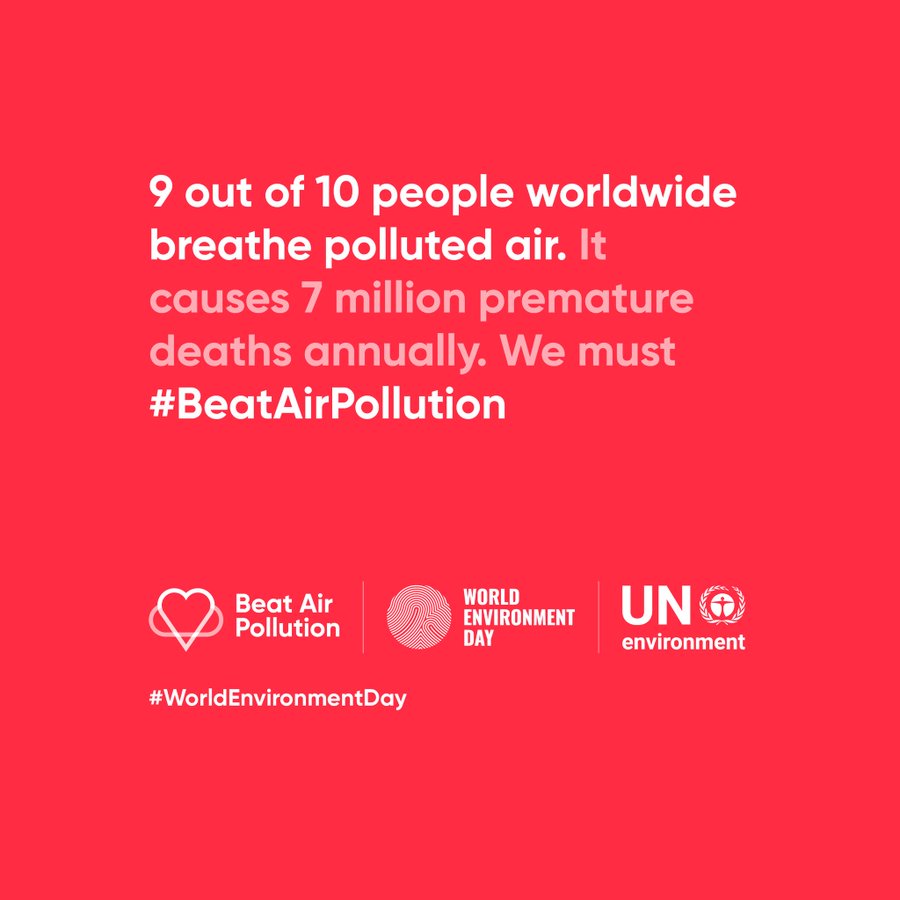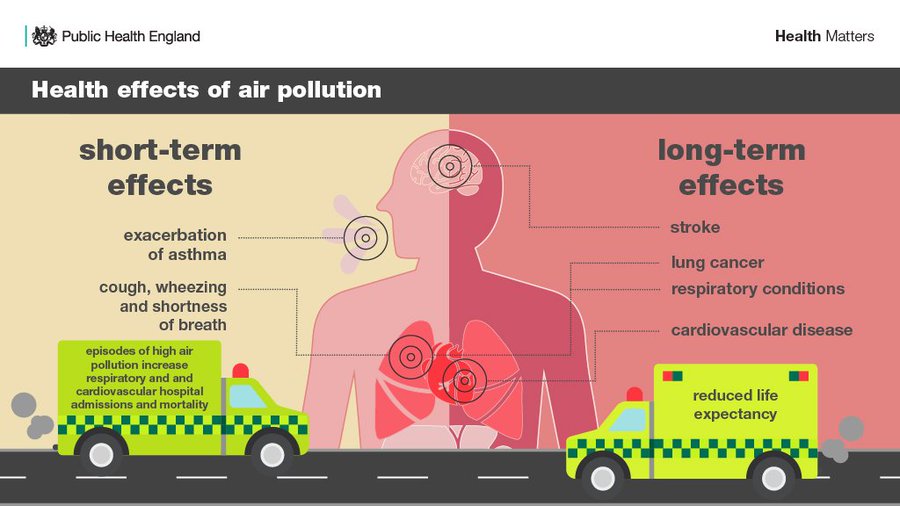Pollution could be harming every part of your body. Here’s how

Nine out of 10 people worldwide breathe polluted air
Image: REUTERS/Carlos Barria
23 May 2019
It’s not just the environment that pollution is harming, it’s also our bodies.
In addition to the well-known victim - our lungs - air pollutants can harm “most other organs of the body”, according to a review of scientific research published in the medical journal Chest.
Prof. Dean Schraufnagel, from the University of Illinois at Chicago, who led the project told the Guardian: “I wouldn’t be surprised if almost every organ was affected. If something is missing [from the review published earlier this year] it is probably because there was no research yet.”
The World Health Organization (WHO) says more than 90% of the world’s population is breathing in polluted air – a mix of gas and particles such as soot and smoke. Greenhouse gases are causing global warming, but it’s the particles that make up those compounds that are affecting global health.
With seven million deaths a year from toxic air - more than the number of people who die from smoking globally - it’s been described by the WHO’s director general, Dr. Tedros Adhanom Ghebreyesus, as a silent public health emergency.
What’s happening in your body?
When you breathe polluted air into your lungs, ultra-fine particles – particulate matter smaller than 10 micrometres – can be absorbed into your bloodstream.
These particles are then transported throughout the body to all other vital organs.
Prof. Schraufnagel says the main reason air pollution damages our bodies is because of the inflammation that results from our immune system's response to the particles.
“Immune cells think a [pollution particle] is a bacteria, go after it and try to kill it by releasing enzymes and acids. Those inflammatory proteins spread into the body, affecting the brain, the kidneys, the pancreas and so forth. In evolutionary terms, the body has evolved to defend itself against infections, not pollution.”

Image: Chest Journal
The above chart, from the Chest review, lists in detail the diseases connected with exposure to air pollution. Here are the six parts of your body most affected.
Heart
The immune system's response to the particles can cause arteries in your heart to narrow and muscles to weaken, making you more susceptible to heart attacks.
Lungs
The impact of air pollution on the respiratory tract - the nose, throat and lungs- is the most widely studied. It causes everything from breathlessness and asthma, to chronic laryngitis and lung cancer.
Bones
In the US, a study of nine million Medicare recipients found osteoporosis-related bone fractures were more common in regional areas with higher concentrations of ultra-fine pollution particles.
Have you read?
Skin
From wrinkles, to acne and eczema in children, the more exposed we are to traffic pollution, the greater the damage it does to our sensitive skin – the body’s largest organ.
Eyes
Exposure to ozone (O3) and nitrogen dioxide (NO2) have been connected with conjunctivitis, while dry, irritated and weepy eyes are also common reactions to visible pollution haze, particularly for people who wear contact lenses.
Brain
Studies have shown that air pollution can reduce children’s cognitive abilities, while increasing the risk of dementia and stroke in older adults.
Share













沒有留言:
張貼留言